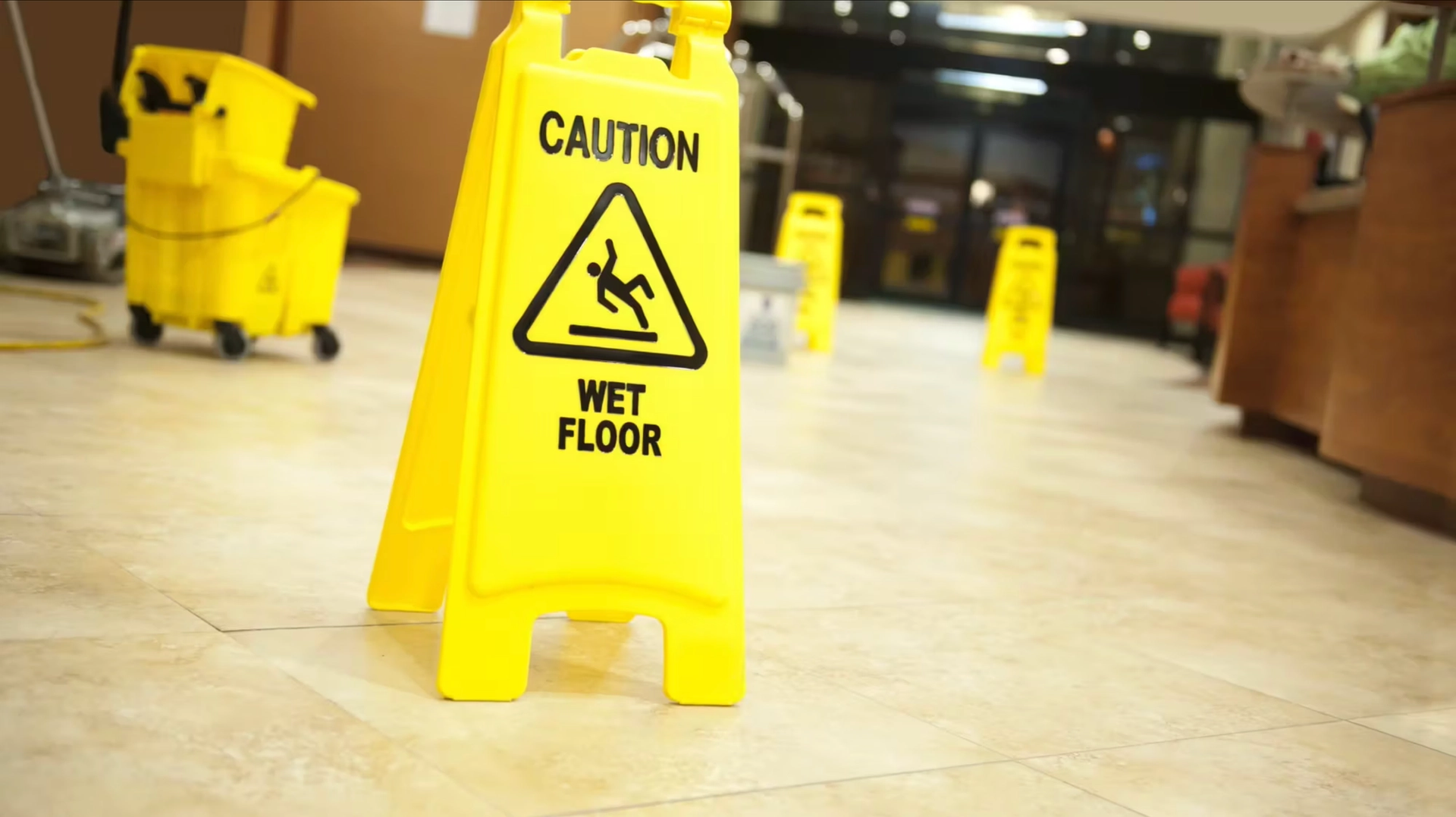
Why hire van der Veen, Hartshorn, Levin & Lindheim to handle your case?
- Over 50 Years of Experience
- Over 100 Million Dollars Recovered
- Injury Cases: No Fees Unless We Win
- Award-Winning Attorneys
- Proven Litigators
- Excellent Reviews & Reputation
Find Out What Your Case Is Worth
Schedule Your Free ConsultationDrowning Lawyer in Philadelphia, PA Delivering Legal Assistance for Water-Related Accidents Throughout Southeastern Pennsylvania


The sudden loss of a loved one due to drowning can be one of the most tragic events a family can experience. The emotional impact of a loved one drowning can affect a family for years. When the loss of a loved one was directly caused by someone else's recklessness or negligence, they must be held accountable for their actions. A drowning accident attorney in Philadelphia can provide the guidance you need while seeking justice for your loss.
At van der Veen, Hartshorn, Levin & Lindheim, our attorneys have decades of experience in personal injury and wrongful death claims. When you need a drowning lawyer in Philadelphia, PA, our firm is prepared to help your family secure the resources you deserve while rebuilding your life after a tragedy. We have more than a dozen on-site attorneys who can provide you with the compassion, commitment, and support you need through such a difficult time.
Help Filing a Claim No Matter Where the Drowning Accident Took Place
Depending on where your loved one suffered their accident, there may be different forms of evidence available to support your claim. A drowning accident attorney in Philadelphia can help you build a claim around negligence in any drowning location, including:
- Privately owned, residential swimming pools
- Beaches, lakes, or rivers
- Public swimming pools or recreation centers
- Pools within apartment complexes or hotels
- Water parks or other amusement attractions
- Residential bathtubs or showers
When these avoidable incidents happen, we will act on your behalf to get to the root causes of why and how they took place.
Find Out What Your Case is Worth
We invite you to reach out to us today to schedule a free consultation with a member of our team. Call (215) 486-0123 or contact us online to learn more.
Primary Causes of Drowning Accidents
It only takes a moment of reckless or negligent behavior for someone to drown. Even when a caretaker or lifeguard assumes everything is safe, tragedy can strike in an instant. Some of the more common causes of drowning accidents include:
- Slippery pools or unsafe surfaces
- Failures to outline or maintain safety rules
- Absence of lifeguards or properly trained staff
- A lack of supervision
- Missing barriers or fencing around pools
- Defective pool equipment, like drain entrapments
In our experience, drowning accidents often result from a combination of negligence and dangerous conditions. We will investigate the accident on your behalf to determine the primary factors surrounding the drowning incident and hold the liable party accountable.
Who May Be Liable in a Drowning Accident
Depending on where and how your loved one drowned, many different parties could be liable for what happened. By reviewing surveillance footage, witness statements, and other evidence, we can deduce who is liable for what happened. Some of the more common parties who are responsible for these tragedies are:
- Private property owners
- Property managers or landlords
- School districts or municipalities
- Manufacturers of defective products
- Hotels, theme parks, or other businesses
There are also instances where multiple parties could be responsible for a drowning accident. For example, the gym teacher or swimming instructor who failed to properly supervise children could be liable for the accident, but so could the school or company for employing the teacher. Once we have determined who needs to be held accountable, we will build the strongest case we possibly can to maximize the compensation you receive.
"Greatest firm I’ve ever dealt with. I’ll inform all my friends. Was very informative throughout the case!"
— Darren Baugh, Former Client
How a Drowning Accident Attorney in Pennsylvania Can Improve Your Claim
In each claim we take on, we perform thorough research to determine the current and future expenses of a drowning accident, including:
- Medical bills for treatment, emergency care, and long-term care for brain injuries for survivors of near-drowning incidents
- Funeral and burial expenses for fatal drownings
- Loss of companionship or parental guidance
- Pain and suffering of the victim and family
- Loss of income and loss of future earning potential
- Emotional trauma
When these accidents occur as a result of gross negligence, we will also pursue punitive damages to punish the negligent party and act as a warning for anyone else who might behave in a similar manner.
Custom-Tailored Guidance for Wrongful Death Claims From a Drowning Lawyer in Philadelphia, PA
If your loved one did not survive the drowning accident, we are here to provide the necessary support through wrongful death claims and survival actions. A surviving spouse, child, or parent may be able to pursue these claims on behalf of the decedent.
Wrongful death claims seek compensation for the costs associated with the passing and the denied experiences and opportunities that the decedent will never be a part of. Survival actions, on the other hand, are a form of injury claim meant to secure compensation for what the victim could have received in a personal injury claim, had they survived the incident.
Time is a critical factor in these types of claims, because the longer you wait to initiate your claim, the harder it can be to obtain strong evidence and the longer it will take to receive compensation. When you choose us as your drowning accident attorney in Pennsylvania, we will support you with swift representation that does not sacrifice the quality of the outcome in your claim.
Why Choose a Drowning Lawyer in Philadelphia, PA, From our Law Office
Our extensive background in premises liability claims and wrongful death claims gives us a unique insight into drowning accident cases. Every attorney at our law office has a significant history of securing multi-million dollar verdicts and settlements for our clients, which testifies to our ability to aggressively pursue justice and fair compensation.
In addition to building a strong legal claim, we will support you in any way possible. While you are dealing with your grief, we will be available to you seven days a week and provide you with direct access to our attorneys. We also operate on a contingency fee structure, so you will not have to pay us unless we win compensation for you.
Ready to Take the First Step?
Call 215-486-0123 or Fill Out Our Online Contact Form

Let a Drowning Accident Attorney in Philadelphia Manage Your Claim
No one should ever have to experience the tragedy of a loved one losing their life or suffering severe injuries in a drowning accident. When you need guidance through the complex legal landscape of a personal injury claim, let our attorneys be your guide. For your free initial consultation, call us at 215-486-0123 or reach out to our drowning accident attorney in Philadelphia through our online contact form.





